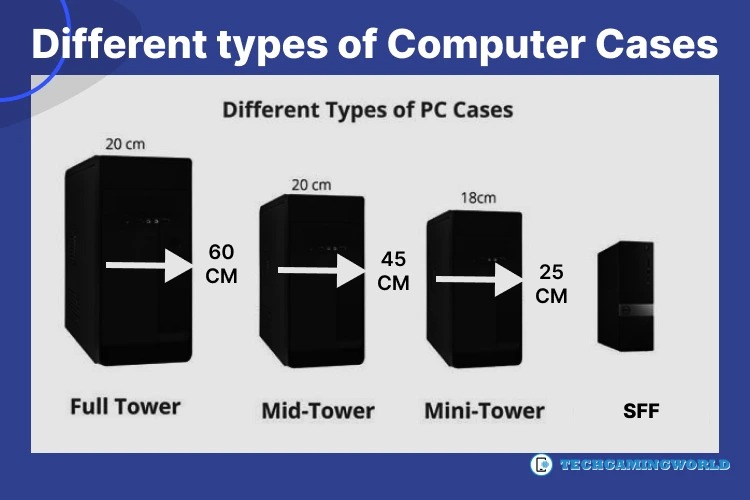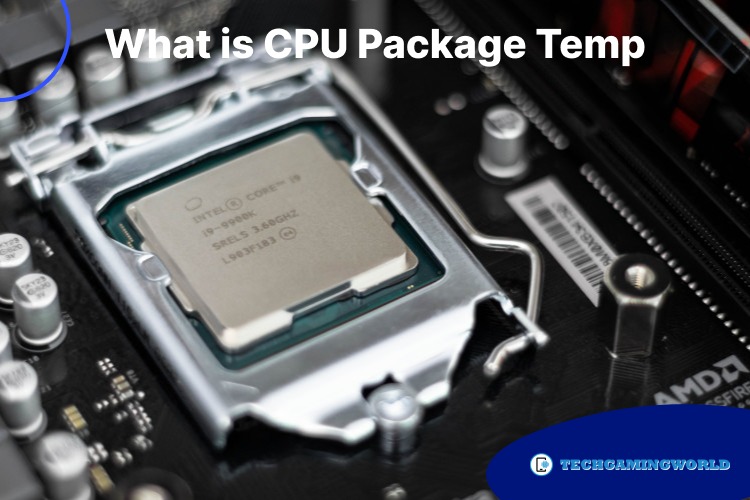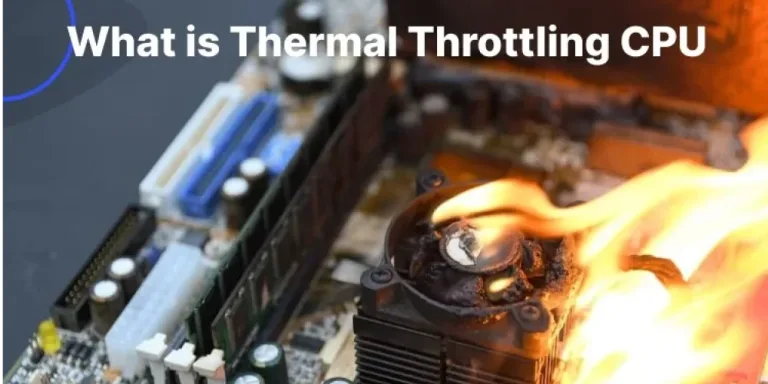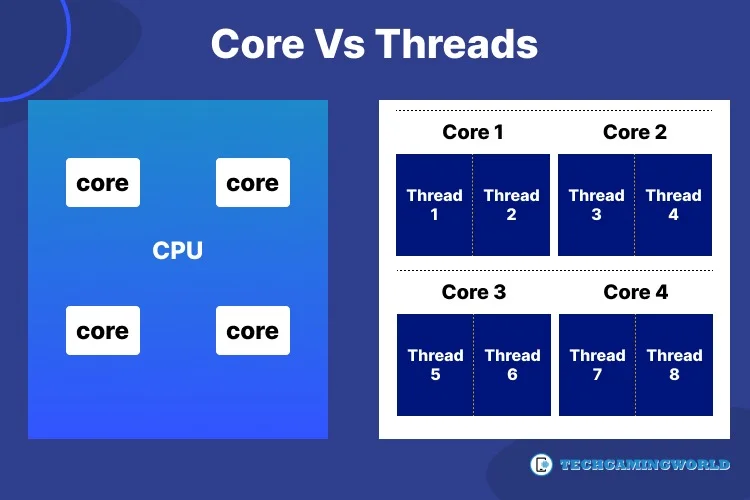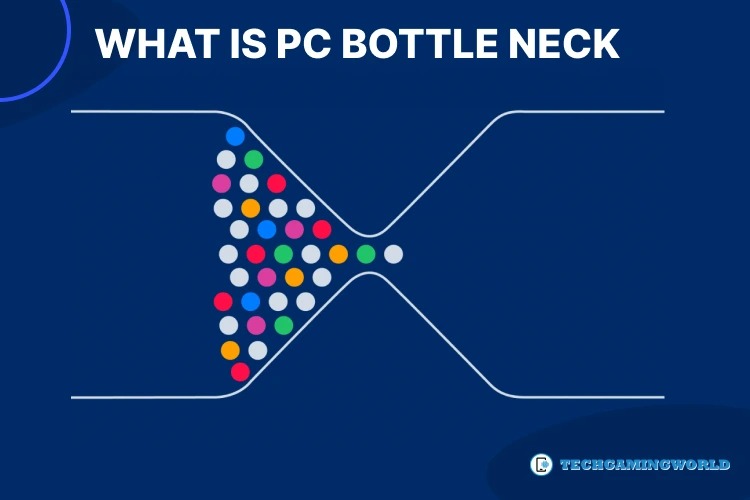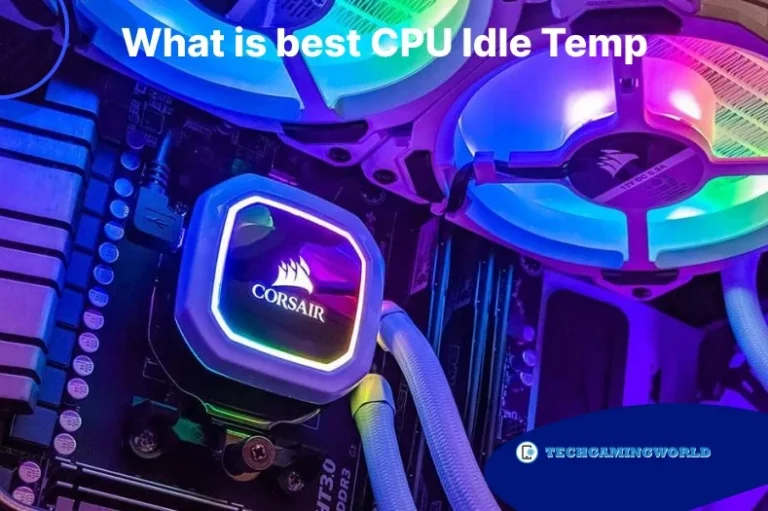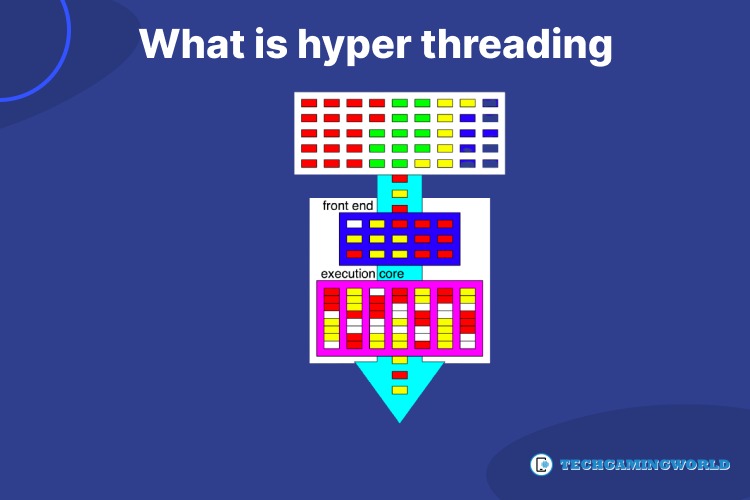Best Guide Different types of Computer Cases 2024 Best Tower PC for your Computer
Do you want to know 4 Different Types of Computer Cases and which is the best casing for pc. When it comes to building a computer, choosing the right case is crucial. The computer case not only houses all the components of a computer but also plays a vital role in airflow, cooling, and aesthetics. There is a wide variety of computer cases available, each with its own design, features, and suitability for different needs. In this article, we will explore four different types of computer cases and discuss their key features and benefits.
4 Different Types of Computer Cases
PC Tower cases are the most common and widely used type of computer cases. They are named after their tall and upright design, resembling a tower. Tower cases offer ample space for multiple hard drives, expansion slots, and cooling options. They can accommodate various motherboard sizes, including ATX, Micro-ATX, and Mini-ITX.
Tower cases come in two primary sizes: mid-tower and full-tower. Mid-tower cases are more popular due to their balanced size, offering sufficient room for components while maintaining a manageable footprint. Full-tower cases, on the other hand, are larger and provide even more space for extensive customization, including multiple graphics cards and liquid cooling setups.

Key features of tower cases include:
- Excellent expandability: Tower cases offer multiple drive bays and expansion slots, allowing users to add additional hard drives, graphics cards, and other peripherals.
- Enhanced cooling: Tower cases often have multiple fan mounts and options for liquid cooling radiators, ensuring efficient airflow and temperature management.
- Cable management: These cases typically have ample space behind the motherboard tray to route and hide cables, resulting in a clean and organized interior.
2;- Mid Tower vs Full Tower
Mid towers are smaller and more compact, suitable for standard ATX or microATX motherboards. They offer moderate space for components, with fewer expansion slots and slightly limited cooling options. Full towers are larger and bulkier, accommodating various motherboard sizes including ATX, E-ATX, and XL-ATX. They provide ample space for hardware, more expansion slots, and better cooling capabilities. Full towers are favored by professionals and enthusiasts requiring extensive customization, multiple graphics cards, advanced cooling, and increased storage. Mid towers are popular among gamers and those seeking a balance between size and functionality. Choose based on your specific needs.

3:- Small Form Factor (SFF) Cases:
Small Form Factor (SFF) cases are designed to minimize the physical footprint of a computer while maintaining adequate performance capabilities. These cases are ideal for users who prioritize portability or have limited desk space. SFF cases are available in various sizes, including Mini-ITX, Nano-ITX, and Pico-ITX.
SFF cases offer the following advantages:
Despite their smaller size, SFF cases can still accommodate powerful components, including high-end graphics cards and efficient cooling solutions. However, due to their compact nature, building and cable management within SFF cases may require more careful planning and consideration.
4:- All-in-One (AIO) Cases:
All-in-One (AIO) cases combine the computer tower main components, such as the motherboard, CPU, and power supply, into a single unit. These cases often come with an integrated display, providing a compact and self-contained computing solution. AIO cases are commonly used in scenarios where space is at a premium or for specific applications like kiosks, digital signage, or embedded systems.
Key features of AIO cases include:
Rackmount cases are specifically designed for use in server rooms or data centers where space optimization and organization are critical. These cases are designed to be mounted on standard 19-inch server racks, allowing for easy installation and efficient stacking of multiple servers.
Key features of rackmount cases include:
Rackmount cases are commonly used in enterprise-level environments where a large number of servers need to be housed in a compact space. They are ideal for businesses that require high-performance computing, data storage, and network infrastructure.

Conclusion
Choosing the right computer case is crucial when building a computer system. The four types of computer cases discussed in this article offer a range of options to suit different needs and preferences. Tower cases provide ample space for expansion and customization, while small form factor (SFF) cases offer compactness and portability. All-in-one (AIO) cases provide an integrated solution with space-saving design, and rackmount cases are designed for efficient server deployment and management. Understanding the features and benefits of each type of computer case will help you make an informed decision based on your specific requirements. Whether you prioritize expandability, space optimization, portability, or server management, there is a computer case type available to meet your needs. So we hope we are now well aware of 4 Different Types of Computer Cases but if you want more information then comment in the comment section below.

About Author
I am EDIE MILES, the founder of TechGamingWorld, a blog. in which is an online gaming community dedicated to providing the latest news and reviews about the world of online games, including PC and console games. Read More

